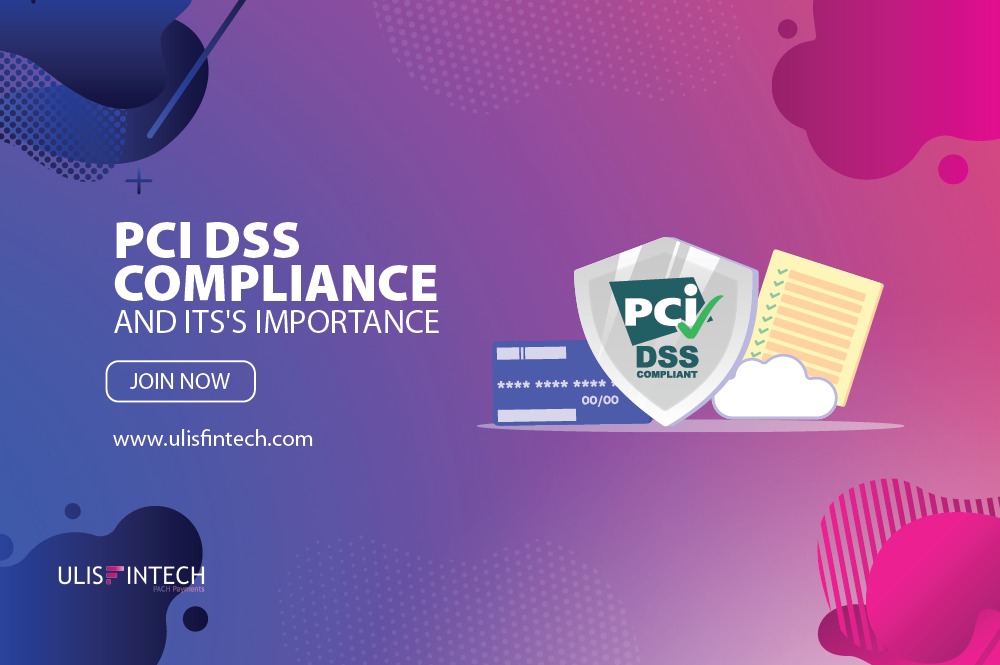PCI DSS compliance and it’s Importance
Mar 23, 2023 - 6 MINS READ

PCI DSS compliance and it’s Importance
Compliance with the Payment Card Industry Data Security Standard (PCI DSS) is a set of guidelines created to make sure that every business that receives, processes, stores, or transmits credit card information does so in a secure setting. Major credit card companies like Visa, MasterCard, American Express, and Discover enforce the standard, which was created by the Payment Card Industry Security Standards Council (PCI SSC).
Compliance with PCI DSS is crucial for a number of reasons, including:
- Customer data protection: By implementing PCI DSS compliance, businesses may safeguard the private data of their clients, including credit card numbers, expiration dates, and security codes. By doing this, fraud, identity theft, and other financial crimes can be avoided.
- lowering liability: Organizations who are not PCI DSS compliant risk being held accountable for any losses or damages suffered by their clients in the event of a security breach. In terms of legal fees, fines, and lost revenue, this can be expensive.
- Keeping trust: Companies can show their dedication to data security and client privacy by demonstrating PCI DSS compliance. Companies can gain customers' trust and improve their brand by upholding compliance.
- Keeping trust: Companies can show their dedication to data security and client privacy by demonstrating PCI DSS compliance. Companies can gain customers' trust and improve their brand by upholding compliance.
- Regulation compliance: Many nations, including the United States, Canada, and the European Union, have laws requiring PCI DSS compliance. Legal action, fines, and other sanctions may be imposed for breaking these rules.
Companies must adhere to a set of 12 requirements broken down into six areas in order to be PCI DSS compliant.
- Create and maintain a secure network, which entails utilizing strong passwords, firewall installation, and limiting access to cardholder information.
- Encrypting cardholder data during transmission and storage and safely destroying data when it's no longer required are all examples of data protection.
- Establish a vulnerability management program, which entails utilizing antivirus software, upgrading software frequently, applying security updates, and so on.
- Adopt stringent access control measures, such as limiting user access to cardholder data and providing each user with a distinct ID.
- Frequently testing security systems and procedures and monitoring for unauthorized access to cardholder data are all part of regular network monitoring and testing.
- Maintaining an information security policy entails creating and upholding a thorough security policy as well as routinely educating staff members on security best practices.
Any business that accepts, processes, stores, or transmits credit card information must be PCI DSS compliant. Companies can safeguard the sensitive information of their clients, lower liability, uphold customer confidence, and adhere to legal requirements by putting the required security measures in place and following the PCI DSS requirements.







